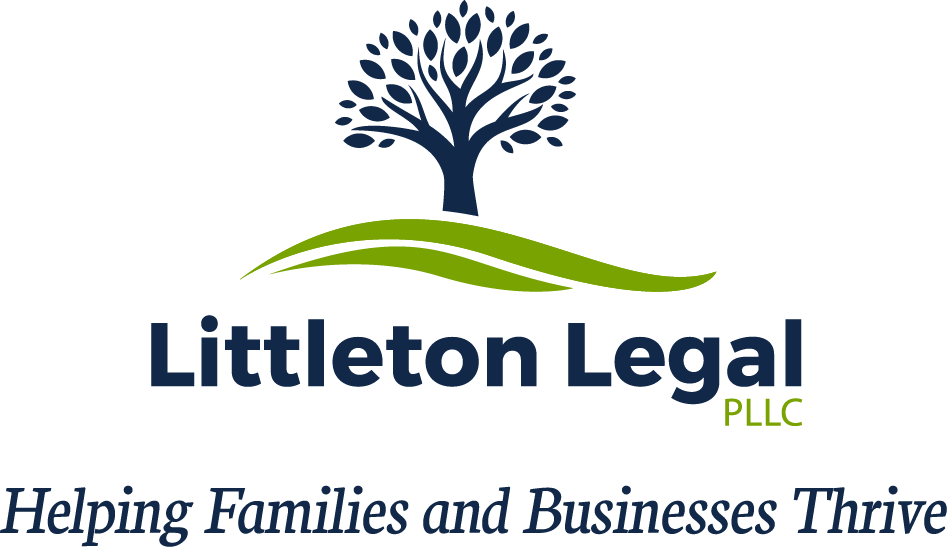After more than four decades of service to Tulsa-area families and businesses, attorney Kurt M.…

Splitting Decision-Making Powers in Your Estate Plan: Weighing the Pros and Cons
Guidance from a Tulsa and Broken Arrow Estate Planning Attorney
When creating an estate plan, many families wonder whether it’s wise to divide decision-making responsibilities between multiple people. For example, one adult child might serve as Durable Power of Attorney (DPOA) for finances, while another is named as Health Care Power of Attorney. This can feel like a fair and thoughtful way to reflect your loved ones’ strengths, but it’s important to understand both the benefits and the potential complications before making this decision.
Why Some Families Choose to Split Powers
We often meet clients who consider assigning different responsibilities to different individuals for reasons such as:
- One family member has a strong financial background, while another works in health care
- Parents want to avoid favoring one child over another
- Geographic proximity makes one person more practical for in-person health care decisions
- Dividing roles can help reduce caregiver burnout
- There’s concern about placing too much authority in the hands of one person
These motivations are understandable and often justify splitting powers among different decision makers. However, clients should be aware of the potential challenges that can arise if the legal tools laying out these powers are not structured carefully.
Potential Pitfalls of Dividing Responsibilities
At Littleton Legal, we help clients anticipate how their plans will function in real life. When decision-making powers are divided, the following issues may arise:
Communication Breakdowns
Health care and financial matters frequently overlap. If your appointed agents don’t communicate effectively, it may lead to missteps. For example, a Health Care Power of Attorney Agent might approve treatments without coordinating with the Durable Power of Attorney Agent responsible for payment.
Decision-Making Delays
Divided authority can slow down urgent decisions, especially in emergencies. When time is limited, multiple decision-makers can create unnecessary delays.
Conflicts or Deadlocks
If agents disagree and no clear process exists for resolving disputes, your plan could stall. Disagreements over care choices or financial allocations may lead to inaction or require legal intervention.
Complicated Oversight
Having multiple agents often leads to split documentation, which can make it harder for loved ones or professionals to maintain a full understanding of your situation.
How to Create a Balanced and Effective Plan
A well-crafted estate plan can balance inclusion with efficiency. Here are a few strategies we often recommend:
Name a Primary Agent with Backups
Rather than splitting responsibilities, consider naming one trusted individual as your primary agent in each area, followed by clear successor agents. This approach preserves decision-making clarity while still offering flexibility if someone is unavailable.
Require Coordination
If you choose to divide roles, include provisions that either require your agents to consult with one another or clearly distinguish between the respective duties and what happens in the event of conflict. Clear communication expectations can help prevent misunderstandings.
Leave Guidance in Writing
A brief written explanation of your decisions can help your agents understand your intent. This can reduce confusion and prevent hurt feelings or family conflict.
Review Your Plan Periodically
Family relationships and individual circumstances change over time. Regular estate plan reviews help ensure that your decisions continue to reflect your current values and goals.
Support for Thoughtful Decision-Making
There is no single correct answer when it comes to structuring decision-making authority in your estate plan. The best option will depend on your family’s unique dynamics, the strengths of your potential agents, and your broader planning objectives.
At Littleton Legal, we take a compassionate, client-centered approach to estate planning. Our team helps Oklahoma families design customized solutions that protect both relationships and responsibilities.
If you’re considering how to divide responsibilities in your estate plan, we invite you to schedule a consultation through our website or call us at (918) 608-1836. We’re here to help you make thoughtful, informed choices that provide clarity for your loved ones.



